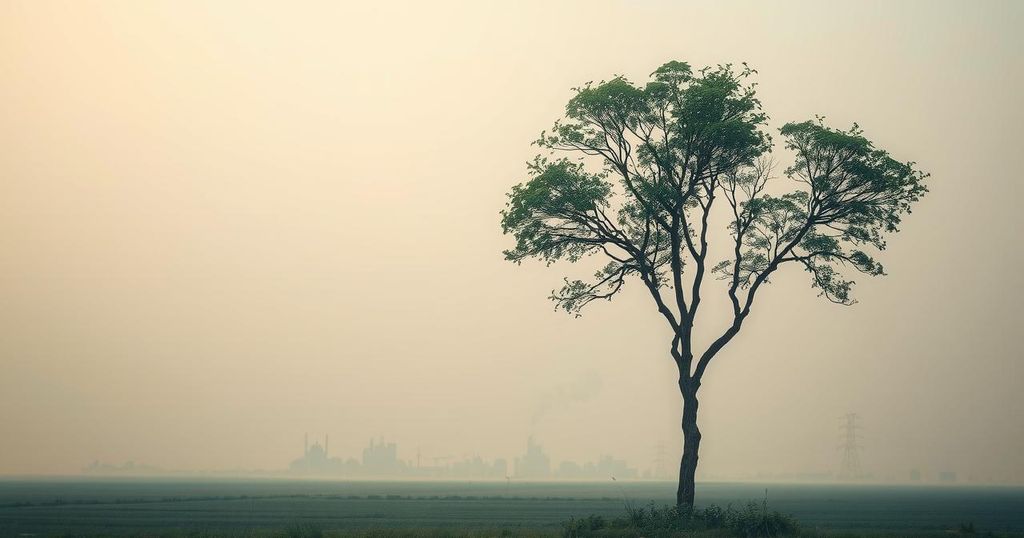Thailand is grappling with severe air pollution, particularly in Bangkok, which ranks highly among the world’s most polluted cities. Efforts to combat this issue include unconventional methods such as aerial water dispersal, yet critics argue that these do not effectively resolve the problem. The combined impact of local agricultural practices and international pollution emphasizes the need for a more rigorous and enforced policy framework.
Air pollution in Thailand has reached alarming levels, significantly impacting public health, especially during the dry season. Bangkok ranked as the fourth most polluted city globally this month, prompting the closure of 352 schools across 31 districts. Families are forced to wear masks routinely and monitor air quality before outdoor activities. Concerns about long-term health effects on children are rising amid reports linking pollution to the deaths of 100 children under five each day in Southeast Asia and the Pacific, as noted by UNICEF.
The issue of air pollution in Thailand is complex, involving both domestic practices and external factors. Pollution levels have progressively worsened, especially due to slash-and-burn agriculture and increased vehicle emissions. While the government has implemented measures, such as promoting free public transport and deploying unconventional solutions like the ‘rainmaker’ aircraft, the underlying causes of pollution remain inadequately addressed. Effective management must include accountability from agricultural businesses and stricter enforcement of existing regulations.
Thailand’s ongoing battle against air pollution reveals deep-seated issues that require significant policy and practical reforms. Despite attempts to mitigate the situation with methods like the deployment of rain-making aircraft, the persistently high levels of PM 2.5 and other pollutants signify a need for a comprehensive strategy. Sustainable solutions must include stricter enforcement against harmful agricultural practices and collaboration with neighboring countries to combat transboundary pollution effectively.
Original Source: www.moreradio.online






